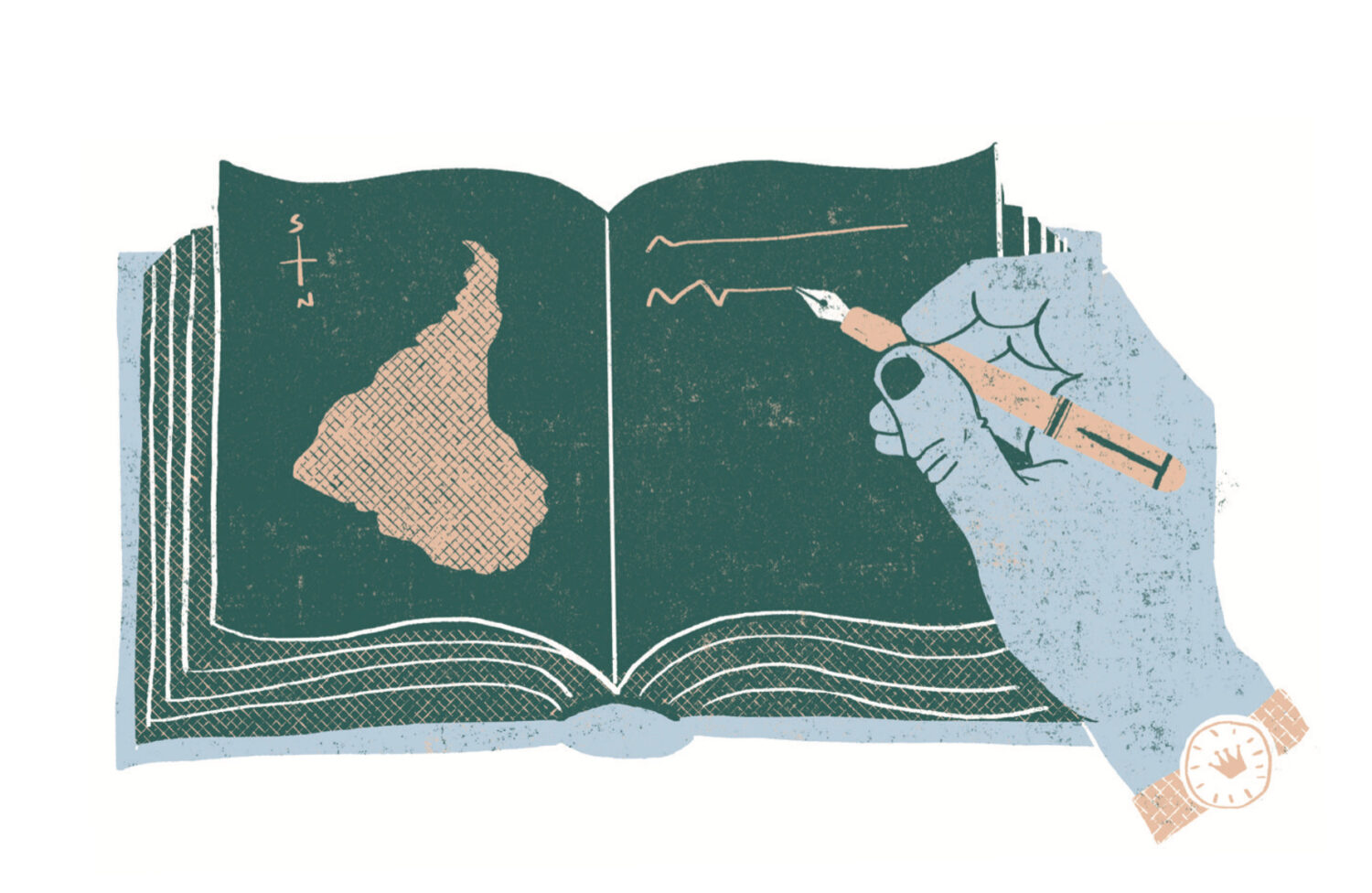
This course explores the complex historical and contemporary dynamics of German colonialism, anti-colonial resistance movements, and the impact of colonialism on present-day German society. Divided into four themes that intersect throughout the classes, the course provides a comprehensive understanding of the German colonial past, anti-colonial struggles in Berlin, contemporary Berlin as a site of colonial heritage, and the emergence of post-colonial and decolonial movements in the city.
The first main theme is the German colonial era, in which we examine key historical events, colonial practices, and the territories under German control. We explore Berlin as a physical and symbolic space that reflects the remnants of German colonialism and consider how these
remnants shape the city's identity.
The second one focuses on resistance movements against colonization. We study the diverse strategies and initiatives employed by individuals and communities who fought against German colonialism both in the colonies and in Berlin and the capital of the German empire.
By analyzing the resistance movements, we aim to understand their motivations, challenges, and the lasting impact of their efforts.
Moving into the third theme, we investigate the effects of colonialism on contemporary German society. We examine how colonial legacies continue to shape social, political, and cultural structures in Germany today. Topics include the influence of colonialism on immigration policies, racial dynamics, cultural heritage, and the representation of marginalised communities.
As far as the fourth theme is concerned, we engage with postcolonial and decolonial contemporary movements. We critically examine different theoretical frameworks and approaches used to deconstruct colonial power structures, challenge Eurocentric narratives, and envision alternative futures. We explore the global context of decolonial movements and their relevance to Germany and Berlin specifically.
In this course, students will have the possibility to apprehend Berlin as a complex city marked by colonial and anticolonial stories. From the presentation of how the questions related to those stories have moved from the German Empire (1871-1918) to the contemporary faces of Berlin, students will be able to have a historical understanding of both the mechanisms of colonialism and the resistances that have been built in Berlin.
Throughout the course, students will develop critical thinking skills, gain historical knowledge, and engage in interdisciplinary analysis. By examining the German colonial past, anti-colonial resistance movements, and decolonial theories, students will gain a comprehensive understanding of the complexities surrounding colonialism and its aftermath, fostering a critical lens for interpreting and addressing contemporary issues of power, identity, and social justice in Germany and beyond.
- Kursverantwortliche/r: Julia De Freitas Sampaio